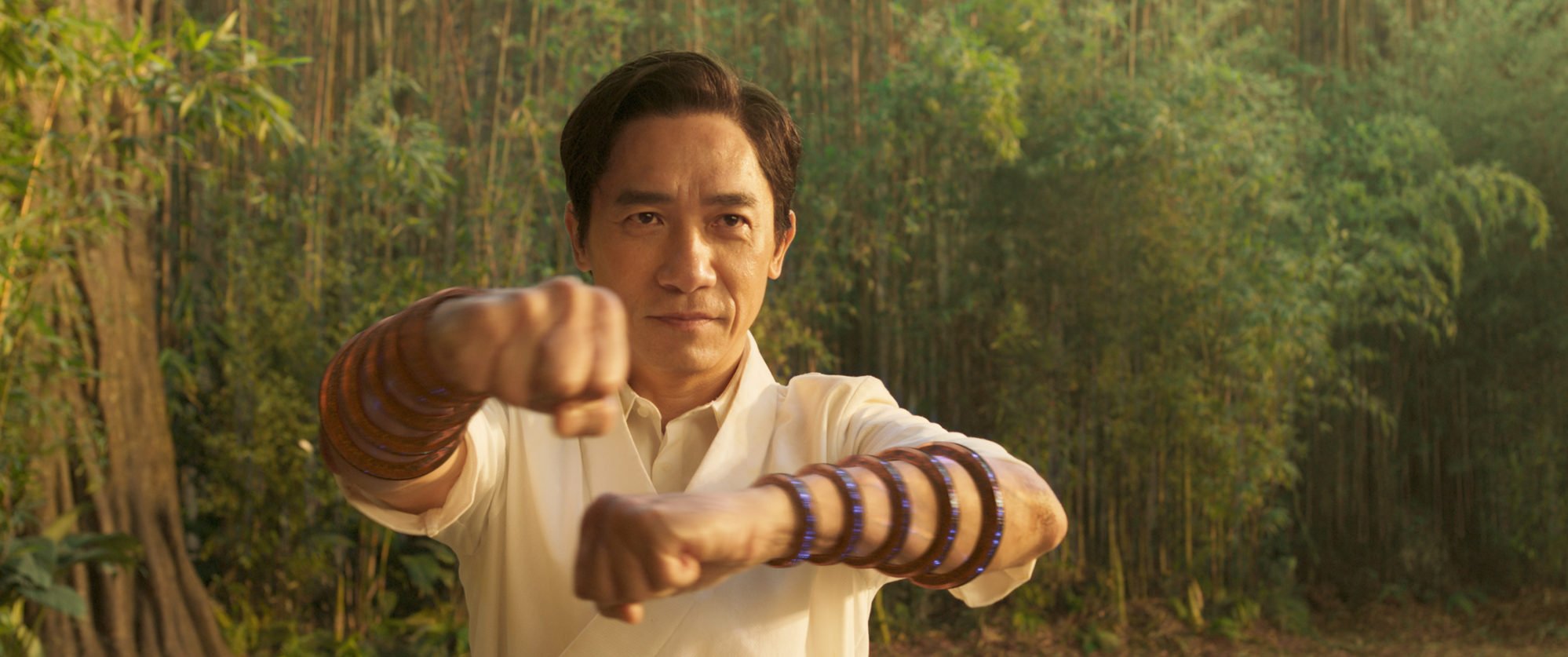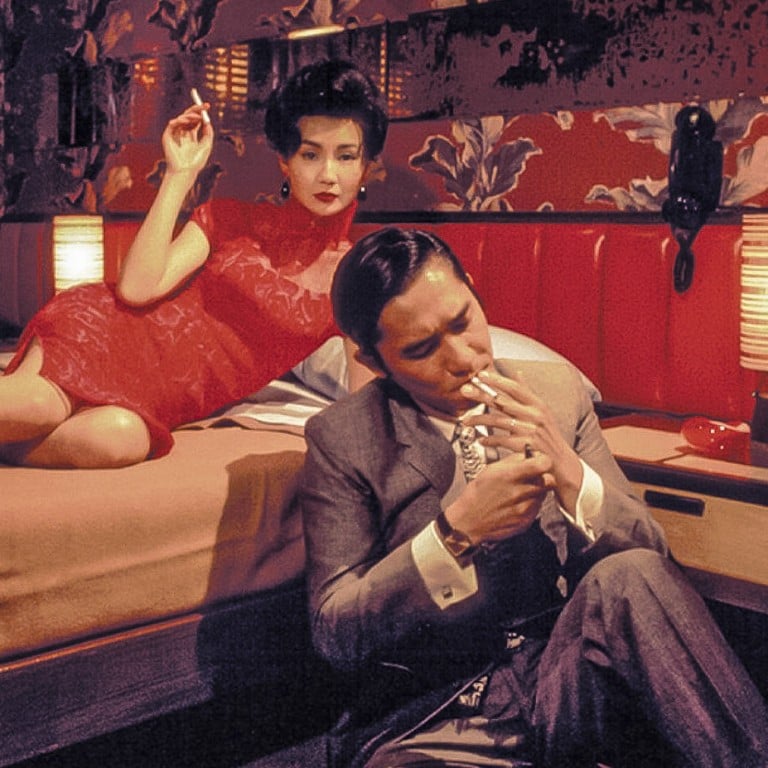
As Tony Leung Chiu-wai turns 61, a look back at some of his best movie roles, from In the Mood for Love to Marvel’s Shang-Chi, and his early years in TV
- If you did not see Tony Leung Chiu-wai in ’80s Hong Kong TV series, then you may have seen him in Wong Kar-wai films – or playing a Marvel villain
- We take a look back at the actor’s career, from the small screen in Hong Kong to Wong Kar-wai’s Chungking Express and In the Mood for Love to Marvel’s Shang-Chi
Anyone remotely acquainted with Asian cinema knows his name, and even the harshest critic could not make a list of the top 10 Asian films without naming one in which he appears.
Tony Leung Chiu-wai has had an exceptionally decorated career that very few in the city, and East Asia as a whole, can match.
From a Television Broadcasts Limited (TVB) trainee to his emergence as one of the city’s most talented movie stars and rise to international fame as the charming, sociopathic supervillain in a Marvel movie, we look back at some of Leung’s career highlights as he prepares to celebrate his 61st birthday on June 27.
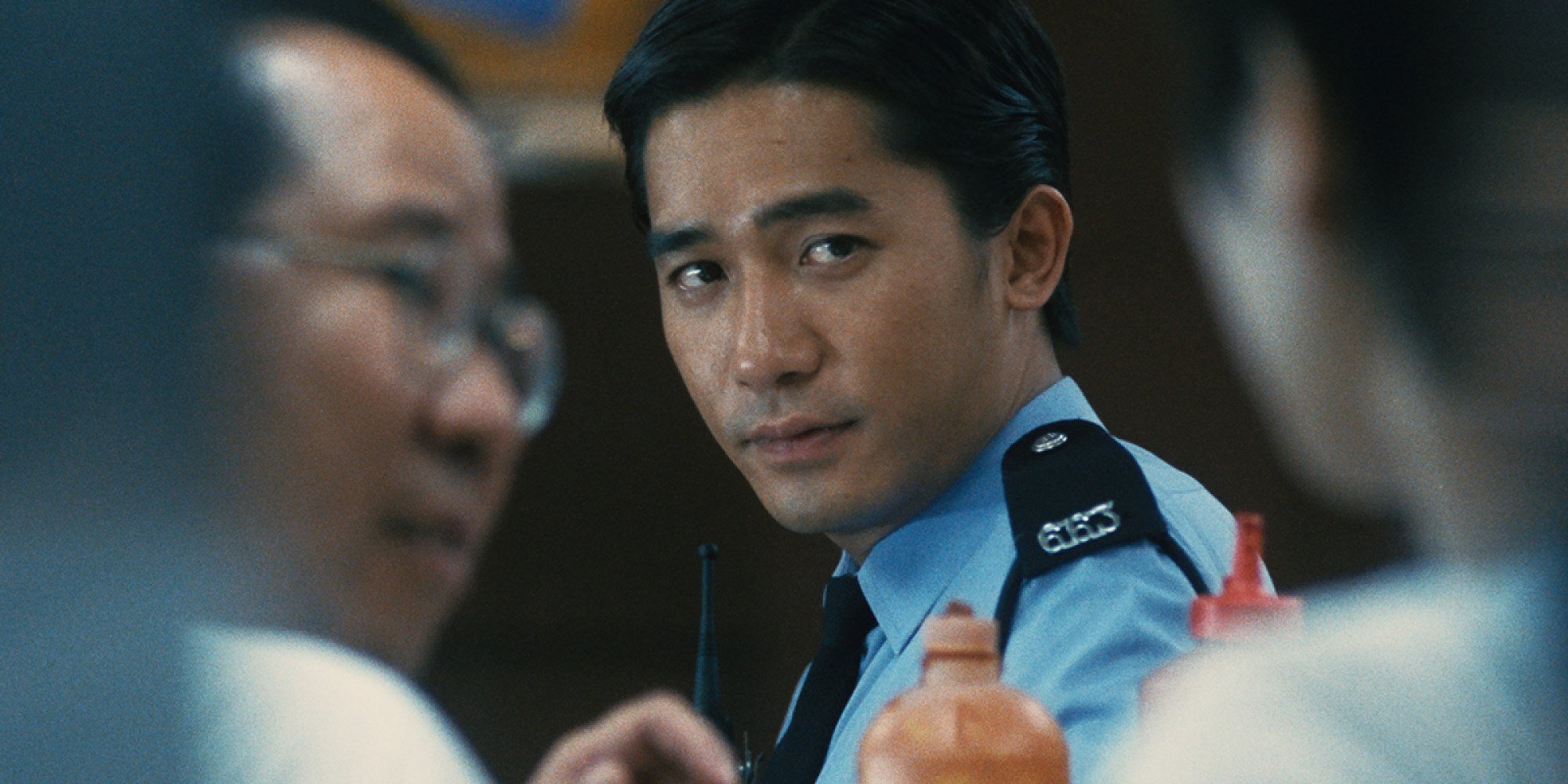
He graduated the following year at age 20 and spent the next eight years with the network, during which he did mostly comedy work. He was quickly promoted to play lead roles in successful prime-time series such as The Duke of Mount Deer (1984), Police Cadet ’84 (1984) and New Heavenly Sword and Dragon Sabre (1986).
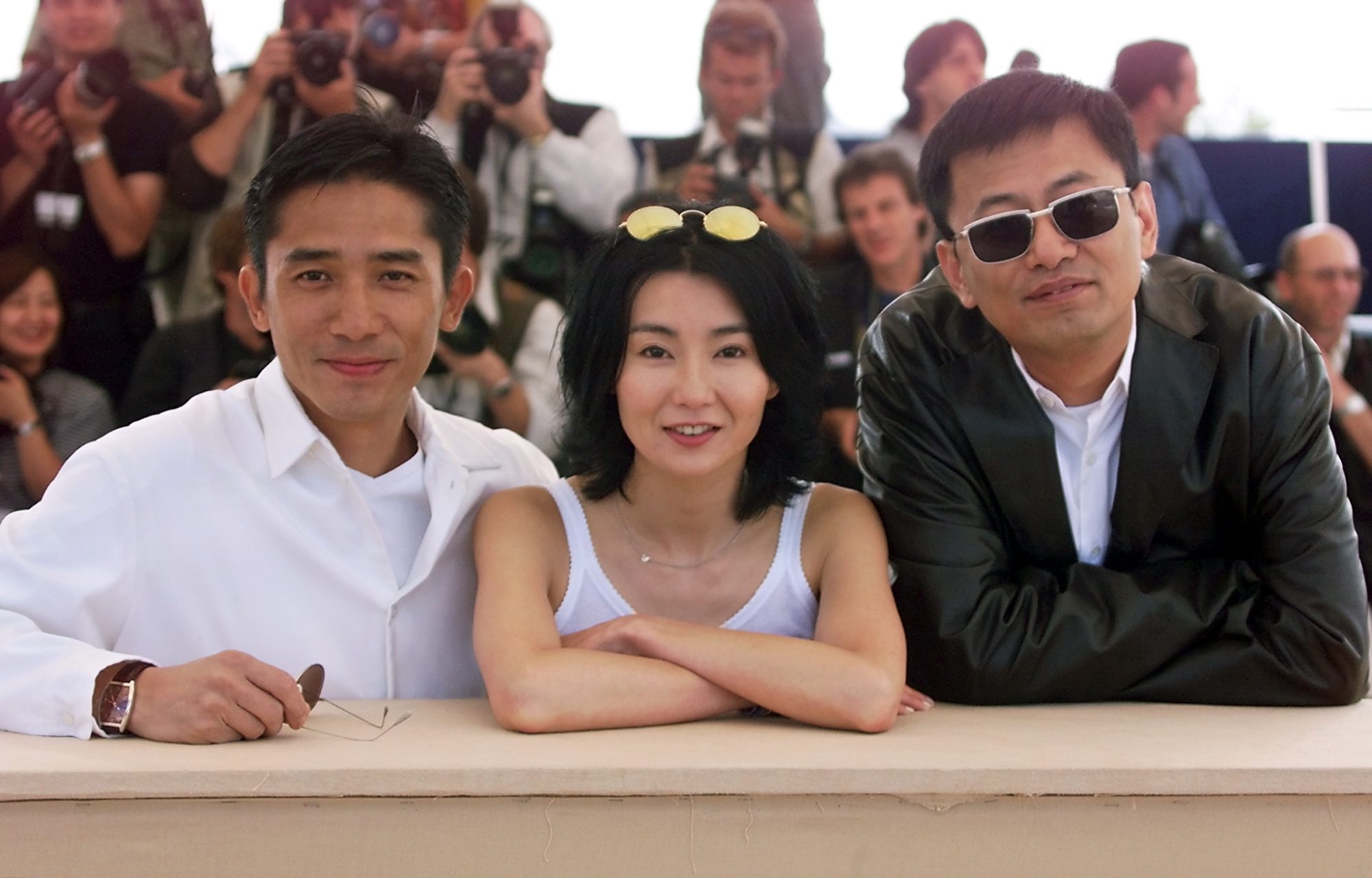
At the 2015 premiere of The Grandmaster 3D, Wong jokingly compared Leung’s acting to tofu: “Fine, decent, can be meaty or plain, good inside and out.”
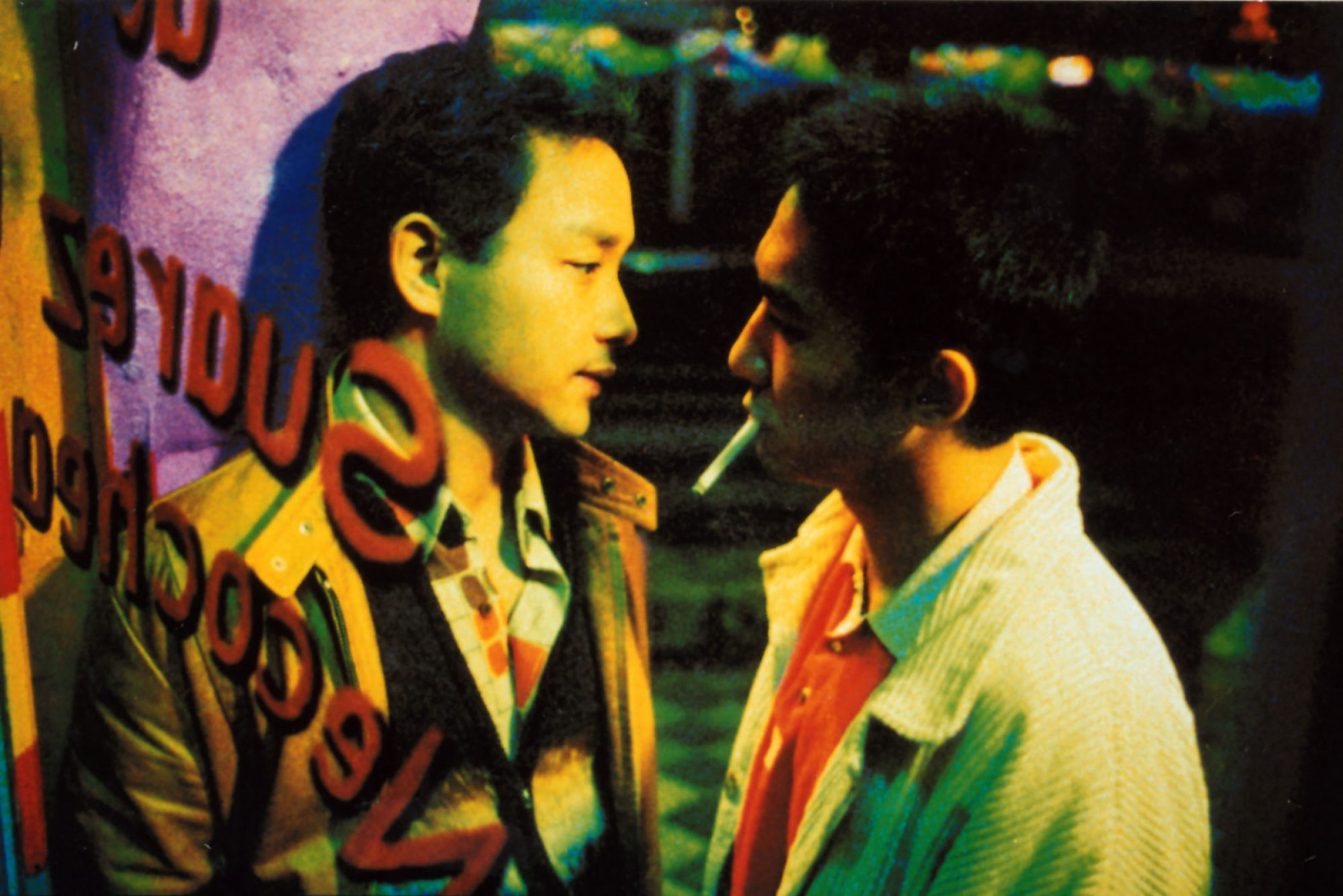
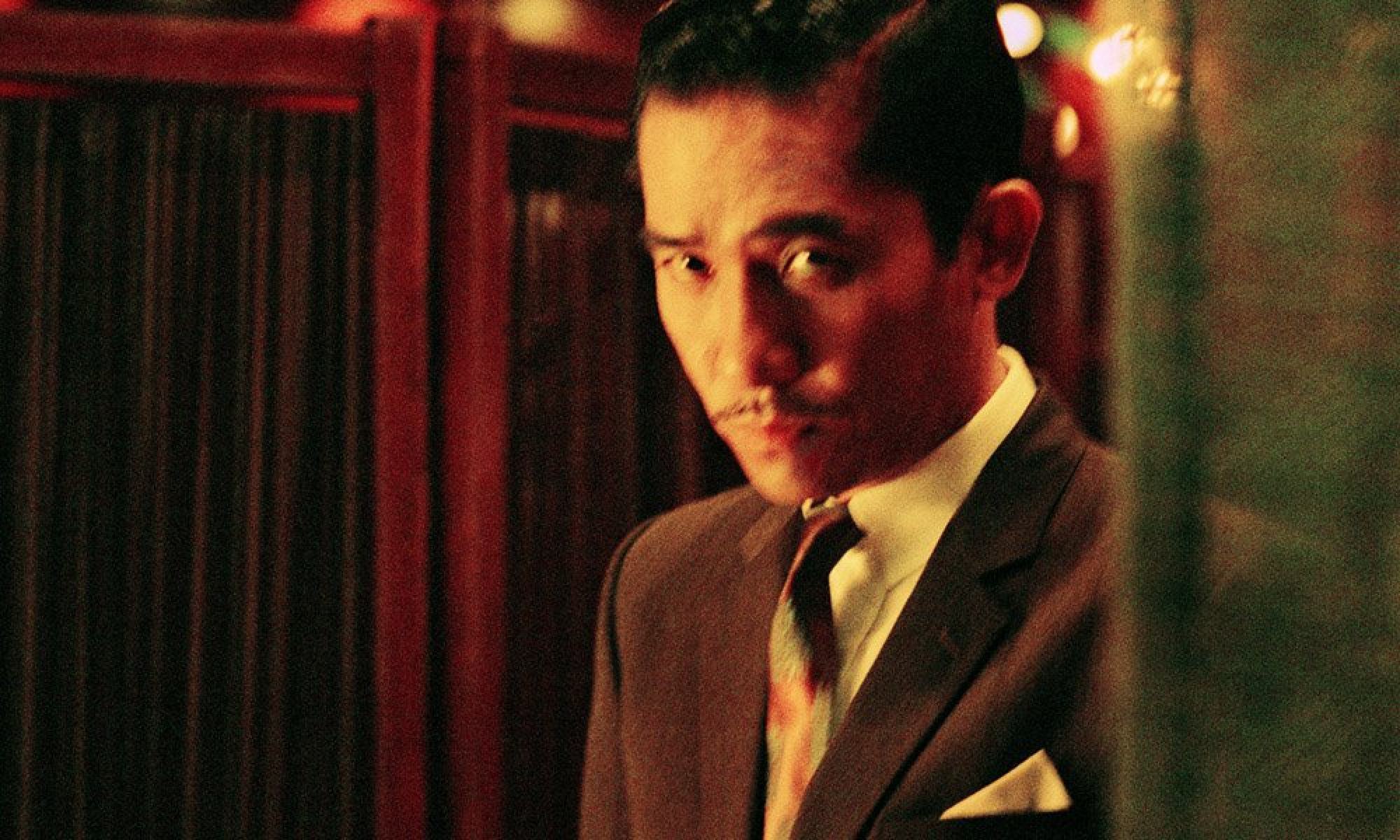
One of Hong Kong’s highest-paid actors, with a net worth of US$20 million, Leung’s haul of five best actor wins in the Hong Kong Film Awards and three in the Golden Horse Awards are both records.
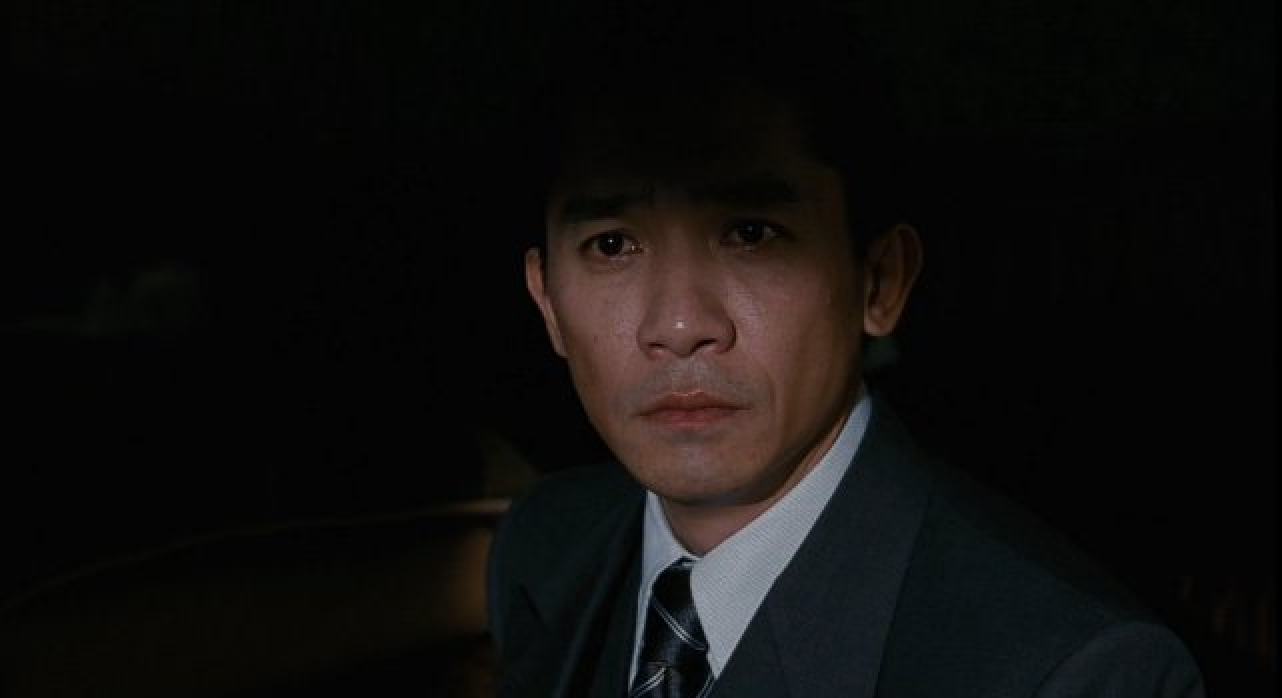
For Lust, Caution, Leung won best actor at both the Golden Horse Awards and the Asian Film Awards.
In the 2010s, Leung’s output dropped significantly; he appeared in only seven films compared to 19 in the 2000s and around 40 in the 1990s.
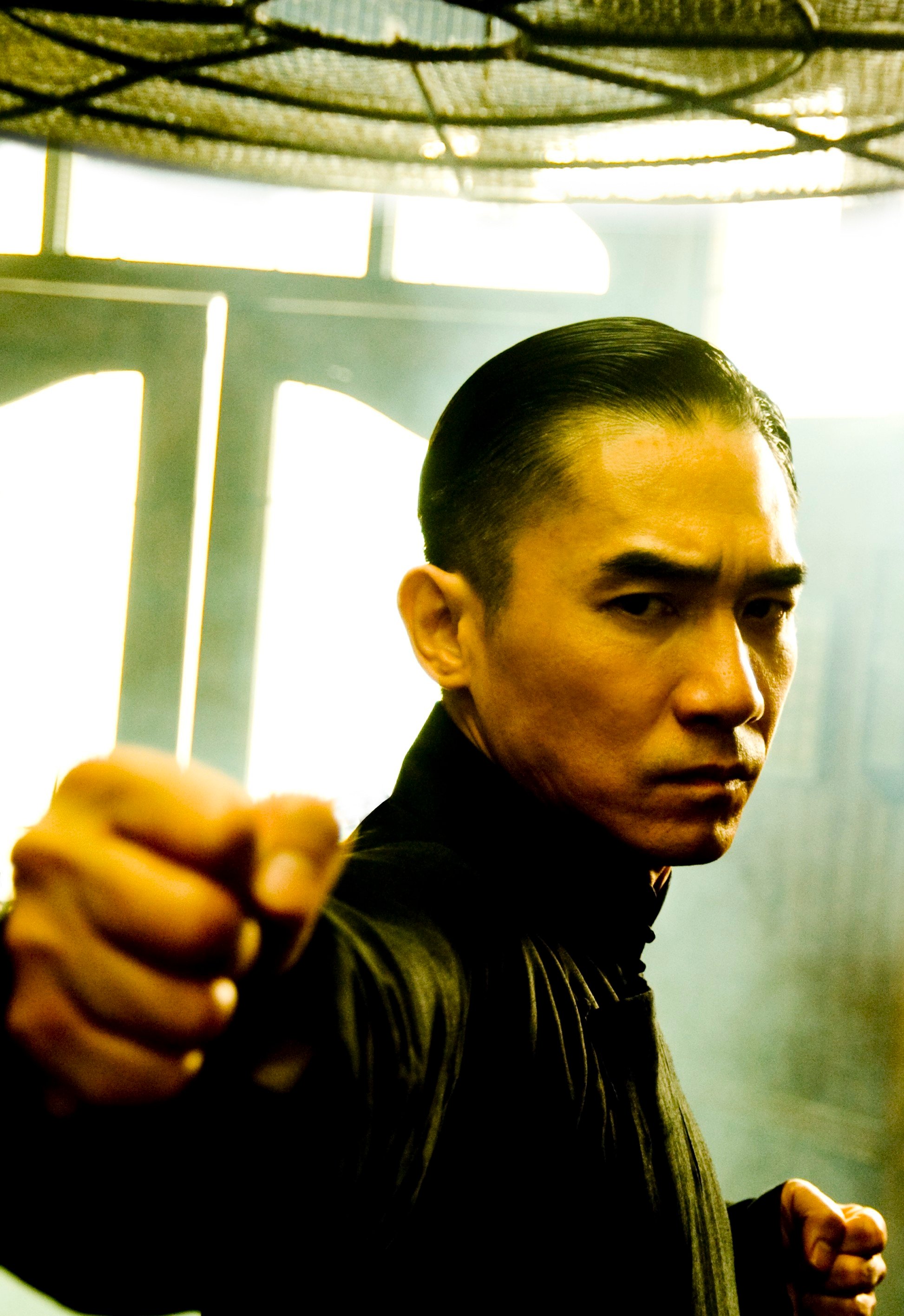
Leung was reportedly paid US$7.7 million (HK$60 million) for his role in the first Marvel Studios film with a predominantly Asian cast.
